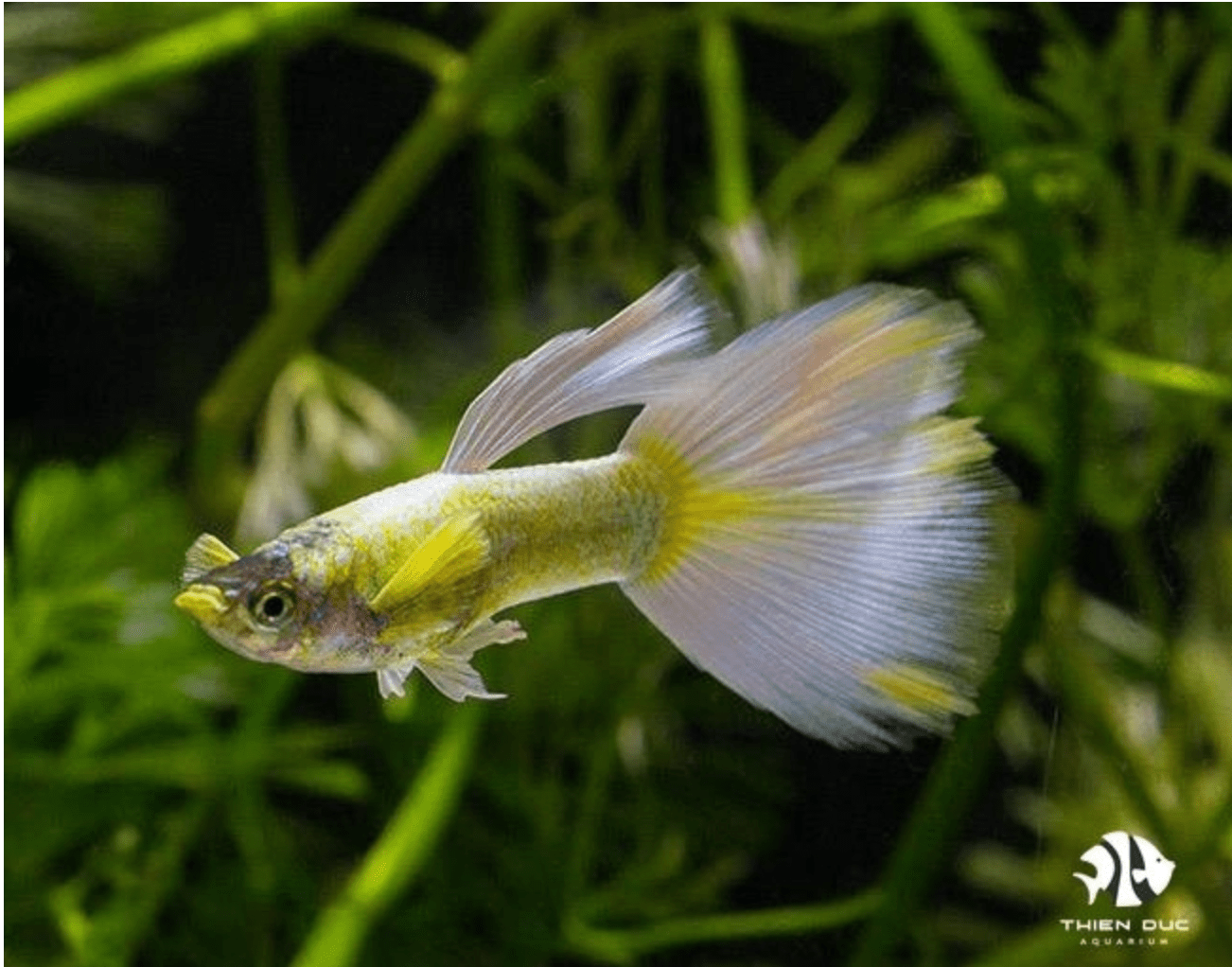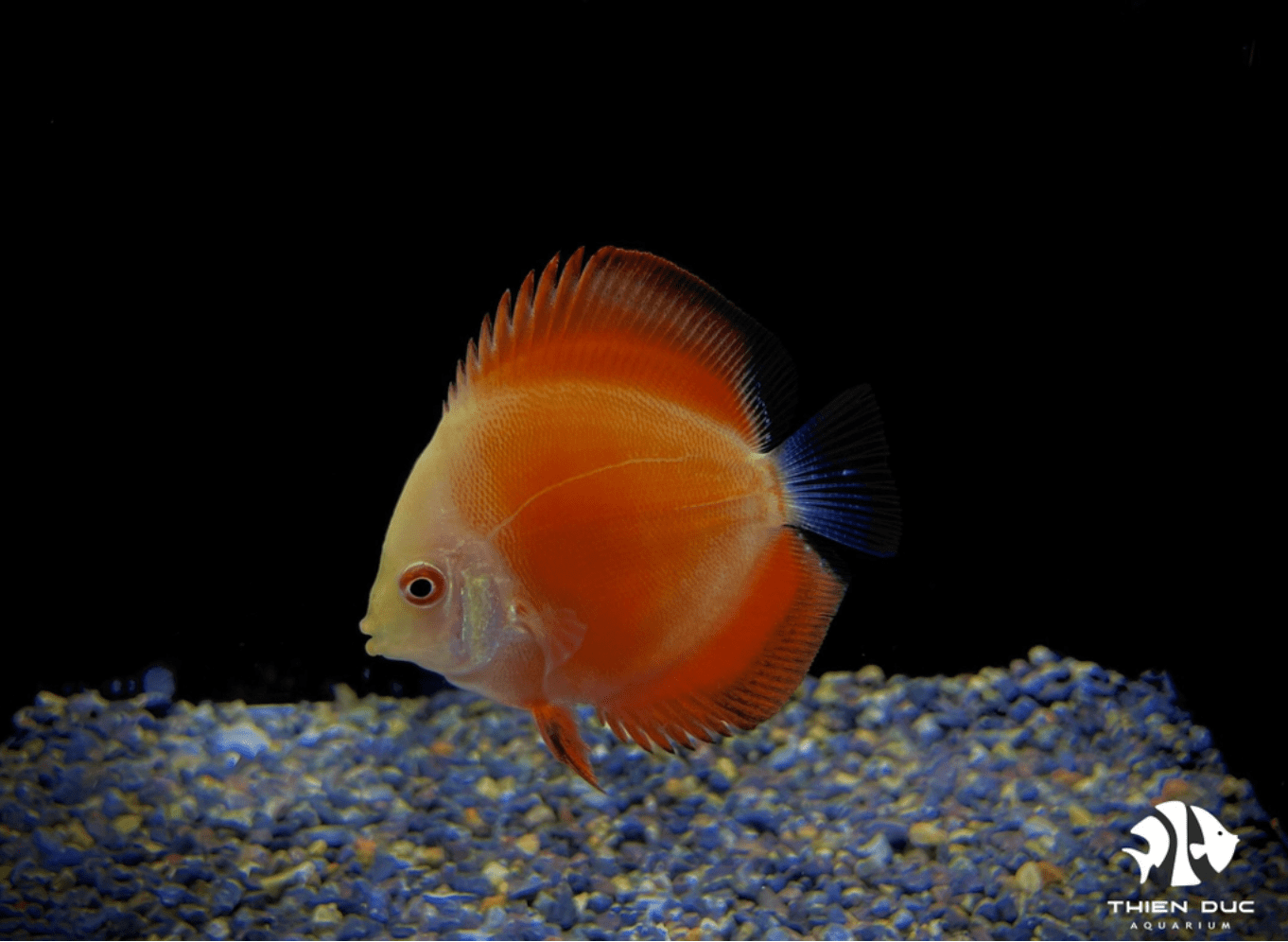GlobalGAP Fish Farming: Certification That Opens Global Doors
Reaching discerning international markets requires more than just high-quality ornamental fish; it demands a proven commitment to world-class standards. For exporters like ThienDuc Aquarium, this commitment is embodied through the principles of GlobalGAP fish farming. This rigorous certification acts as a crucial passport, verifying sustainability, safety, and traceability from our ponds to your aquarium. It is the definitive framework that transforms local excellence into a globally trusted brand, opening doors to the most demanding and lucrative markets across the world.
What is the GlobalGAP Standard for Aquaculture?
In the complex world of international trade, trust and verification are paramount. GlobalGAP, which stands for Good Agricultural Practice, is a globally recognized, private-sector standard established to build this trust for agricultural and aquacultural products. Its primary mission is to ensure safe, sustainable, and responsible farming practices worldwide. It's not merely a stamp of approval on the final product but a comprehensive audit of the entire production process.

For aquaculture businesses, the GlobalGAP fish farming standard provides a holistic framework covering the full production chain. This oversight begins before the fish even hatch, with strict criteria for broodstock selection, hatchery management, and the quality of feed. It extends through the grow-out phase, mandating responsible water management, monitoring fish health, and protecting the surrounding ecosystem.
Finally, it governs the harvesting and post-harvest handling processes to ensure the product remains safe and of high quality until it reaches the consumer. The principles of GlobalGAP fish farming are designed to build confidence among B2B partners and end consumers, making it an essential benchmark for any exporter serious about long-term success.
Unlocking Market Access: The Key Pillars and Benefits of GlobalGAP Certification
So, how exactly does this certification open global doors? The power of the GlobalGAP standard lies in its four foundational pillars. Each pillar addresses a critical concern of modern consumers and international regulators, from food safety to environmental impact. By building a business model that satisfies these four areas, producers not only achieve certification but also create a more resilient, ethical, and profitable operation. These pillars are the very reasons why the certification builds trust and directly impacts a business's growth and market access.
Ensuring Complete Food Safety and Tracking
Food safety is non-negotiable in the global marketplace. A core component of GlobalGAP fish farming is the establishment of a robust traceability system and the implementation of protocols that minimize food safety risks. The standard requires farms to keep meticulous records, allowing every fish to be traced from the farm all the way to the fork—or in the case of ornamental fish, the aquarium. This level of transparency is critical for building consumer confidence and is a prerequisite for entry into sophisticated markets like the European Union, Japan, and North America.

Furthermore, the certification mandates strict controls over potential contaminants, the responsible use of veterinary medicines, and the implementation of hygiene protocols based on HACCP (Hazard Analysis and Critical Control Points) principles. This ensures that the product is not only beautiful but also unequivocally safe, protecting both the animals and the end-users.
Encouraging Sustainability
The modern consumer is increasingly eco-conscious, demanding products that are sourced sustainably. This commitment to ecological balance is what sets GlobalGAP fish farming apart as a forward-thinking standard. Certification is not possible without a demonstrable commitment to protecting the environment. This involves a wide range of practices, including the responsible management of water resources to minimize waste and pollution.
Farms must manage their effluents to prevent negative impacts on local waterways, implement measures to preserve local biodiversity, and have systems in place to prevent the escape of farmed fish into the wild. By adhering to these rigorous environmental standards, farms practicing GlobalGAP fish farming contribute positively to their local ecosystems and align their brand with the powerful global movement towards sustainability.
Keeping Animal Welfare and Health in Check
Ethical treatment of animals is a cornerstone of responsible aquaculture. The GlobalGAP fish farming standard places a strong emphasis on proactive health management and humane practices. This goes far beyond simply treating diseases; it involves creating an environment where fish can thrive. The standard sets clear guidelines for water quality parameters, appropriate stocking densities to prevent overcrowding and stress, and the development of a formal animal health plan.
This focus on prevention rather than reaction ensures a healthier fish population and reduces the need for treatments. Ultimately, the animal welfare pillar of GlobalGAP fish farming ensures that the fish are not only healthy but also handled with care throughout their lifecycle. This ethical obligation also has a direct commercial benefit: healthy, stress-free fish are more robust and exhibit better coloration, making them a higher-quality, more valuable product.

Maintaining the Safety and Health of Employees
A truly sustainable operation must care for its people as well as its product and the planet. Beyond environmental and animal welfare, GlobalGAP fish farming also incorporates a vital social component by requiring adherence to strict worker health and safety standards. This ensures that all employees are provided with a safe working environment, receive proper training for their tasks, and are treated fairly according to local and international labor laws. This pillar addresses the social responsibility aspect of the business, which is an increasingly important factor for international partners and large retailers when selecting their suppliers.
Summary: Why GlobalGAP Fish Farming is Your Competitive Edge
In today's competitive global marketplace, adopting the principles of GlobalGAP fish farming is a decisive strategic move. It elevates an operation beyond simple production into a holistic system built on the verifiable pillars of quality, safety, environmental responsibility, and social accountability. For businesses like THIENDUC AQUARIUM, implementing the GlobalGAP fish farming framework demonstrates a profound commitment to excellence that resonates with high-value clients worldwide.
Contact Information
For inquiries about our high-quality freshwater and marine ornamental fish, and our commitment to sustainable practices, please contact us:
-
Address: 57 Le Thi Sieng, Tan Thong Hoi, Cu Chi, Ho Chi Minh City, Viet Nam
-
Mobile: +84903912501
-
Office: +84982577871
-
Email: thien@thienducaquarium.com










